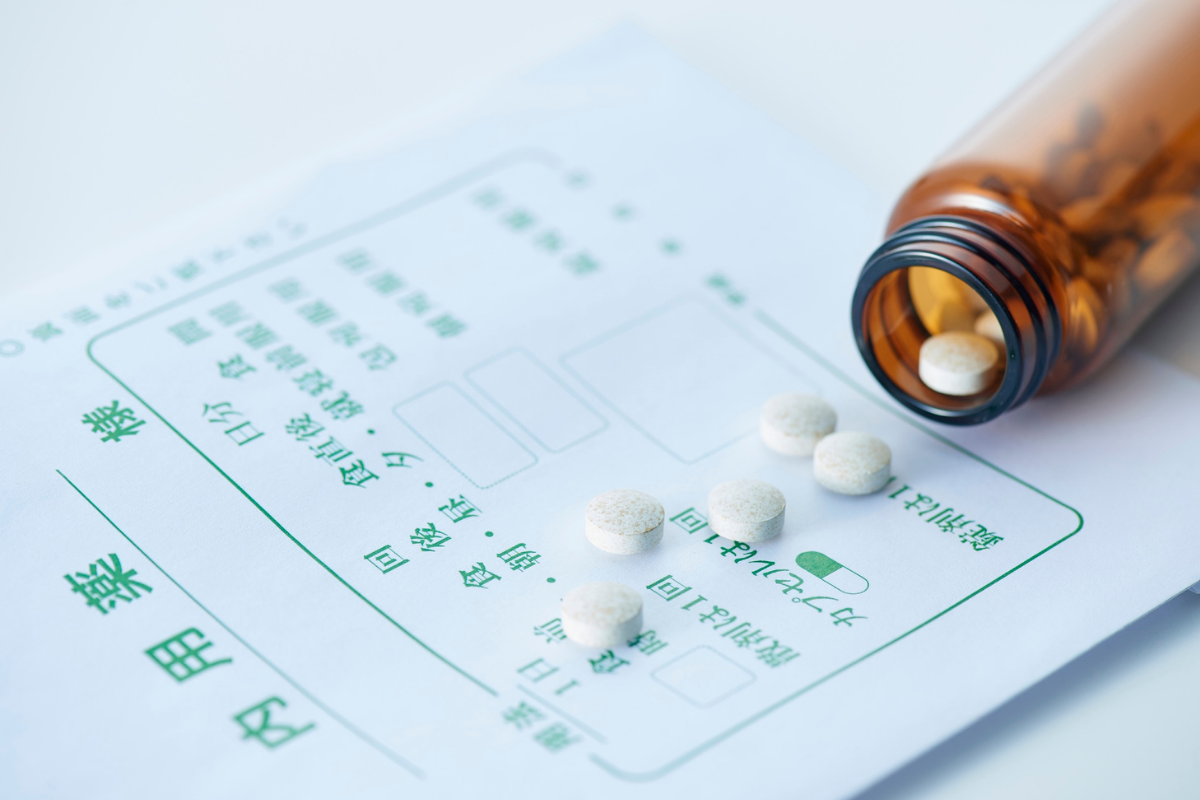
In the intricate ecosystem of modern healthcare, the role of **pharmaceutical services** extends far beyond simply dispensing medication. Pharmacists and their teams are essential, highly accessible pillars of patient care, acting as the critical link between prescribers, patients, and the complex science of pharmacology.
As healthcare shifts toward a patient-centric, outcome-driven model, understanding the breadth and depth of these services is key to optimizing both individual health and overall system efficiency. This post explores the indispensable value that professional pharmaceutical services bring to the table.
1. The Core: Ensuring Medication Safety and Efficacy
The foundational role of pharmaceutical services remains **medication management**, yet even this core function is multifaceted and critical.
- Medication Reconciliation: Pharmacists meticulously review all a patient's medications—prescription, over-the-counter (OTC), and supplements—to prevent harmful drug-drug interactions or duplications, especially during transitions of care.
- Dose Optimization: They ensure the patient receives the most appropriate and effective dosage based on individual factors like age, weight, and concurrent therapies, catching potential prescribing errors before they reach the patient.
- Adherence Support: Poor medication adherence costs the healthcare system billions and severely compromises patient outcomes. Pharmacists provide crucial counseling, offer compliance packaging, and utilize technology to set refill reminders, significantly boosting adherence.
2. Expanding the Scope: Clinical and Preventive Care
Today’s pharmaceutical professionals are increasingly leveraged as clinical providers, offering services that bridge gaps in primary care access.
- Medication Therapy Management (MTM): This is a critical service where a pharmacist conducts a comprehensive review of a patient's entire drug regimen to identify, prevent, or resolve medication-related problems and **optimize therapeutic outcomes**.
- Immunization Programs: Pharmacies serve as convenient and accessible vaccination hubs, providing essential immunizations—from influenza and COVID-19 to travel vaccines—thereby increasing community immunity.
- Wellness Screenings: Many pharmacies offer routine health services such as blood pressure checks and blood glucose monitoring. These services enable early detection and allow pharmacists to counsel patients on lifestyle modifications.
“The future of pharmaceutical care isn't about the quantity of pills dispensed, but the **quality of outcomes achieved** through patient education, clinical expertise, and collaborative medication management. The pharmacist is now the **most accessible clinical expert** in the healthcare team.” - [Admin]
3. A Valuable Partner in Chronic Disease Management
For conditions like diabetes, hypertension, and asthma, the long-term success of treatment often depends on consistent monitoring and patient education—areas where pharmacists excel.
- Patient Education: Pharmacists translate complex medical jargon into understandable, actionable advice. They teach patients how to use devices (like inhalers or insulin pens) correctly and explain potential side effects, empowering them to take an active role in their health journey.
- Collaborative Practice: By working in coordination with physicians, nurses, and dietitians, pharmacists integrate their expertise into the broader care plan. This collaborative approach leads to better-managed chronic conditions and fewer complications.
In conclusion, the services provided by pharmaceutical professionals are a cornerstone of effective healthcare delivery. For both patients and healthcare providers, engaging fully with these services is a strategic move—it is the smart way to ensure medication safety, improve adherence, manage chronic illness efficiently, and harness the full potential of drug therapy.